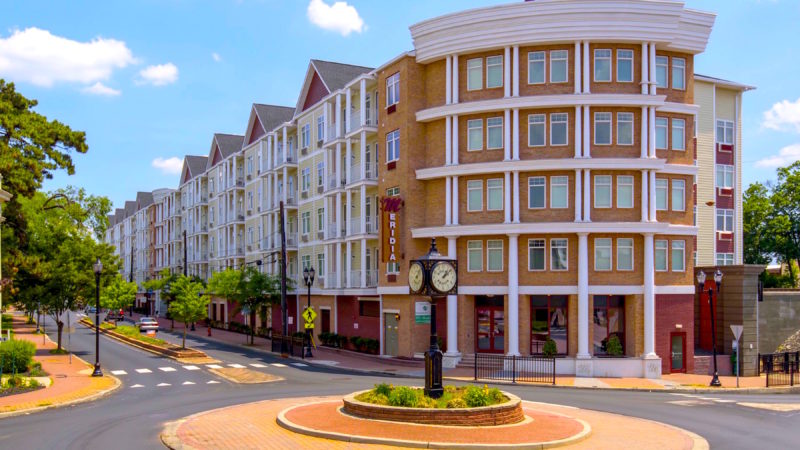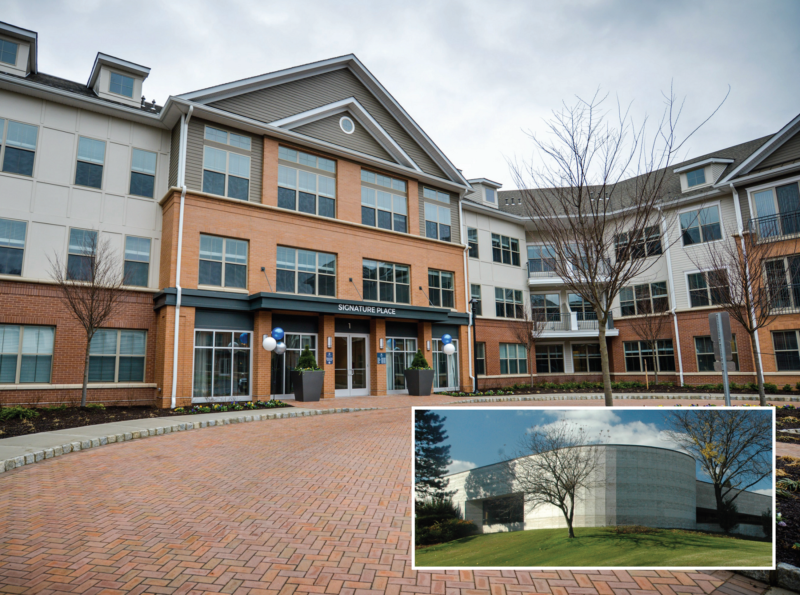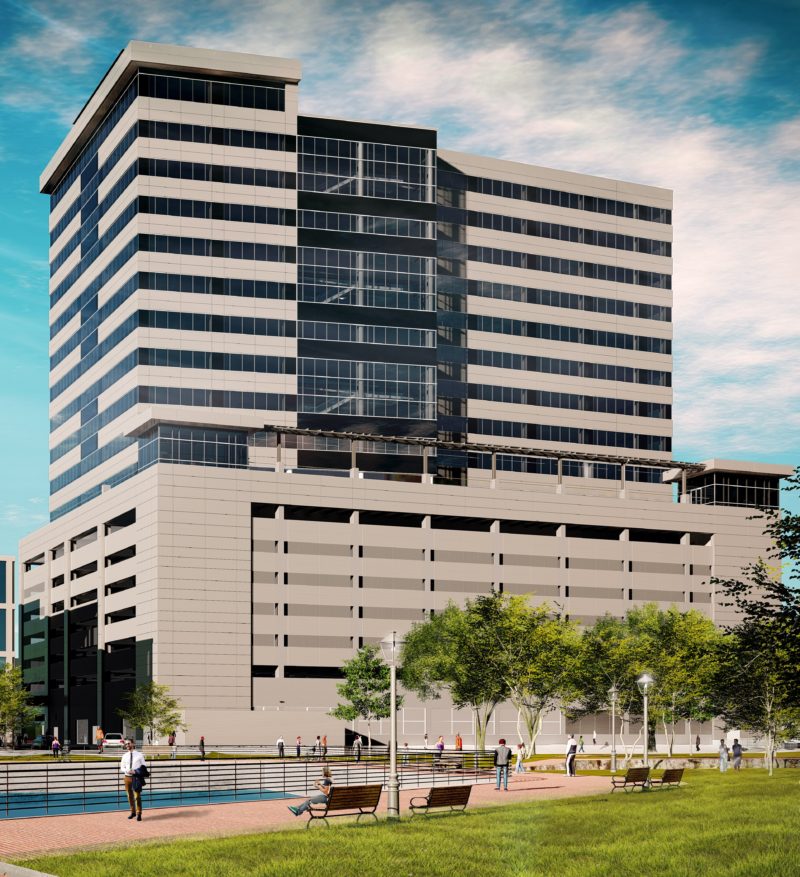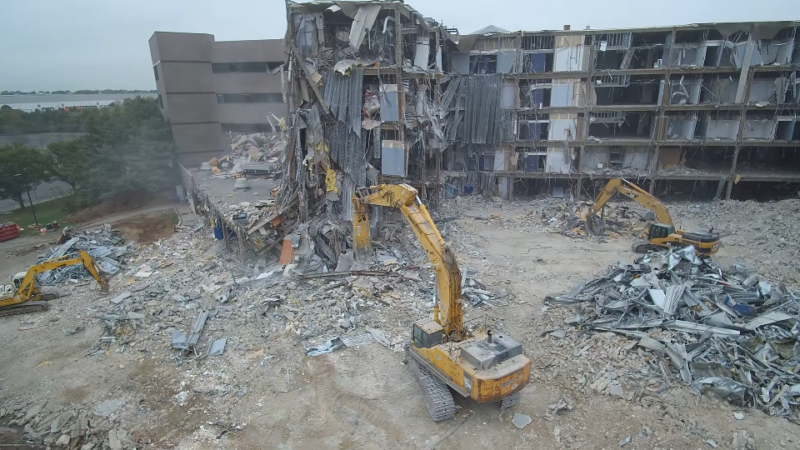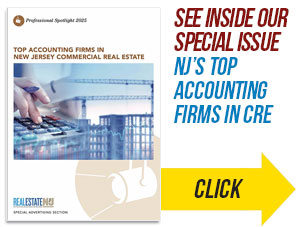Even before I started covering commercial real estate full-time, I still came across development stories during my earlier days as a metro reporter in Central Jersey. One of those stories came when I was covering Bound Brook, a borough in Somerset County that had a tired downtown and a history of being battered by flooding from the Raritan River. But in early 2011, we learned that a developer named George Capodagli was interested in building the type of new apartments that were starting to crop up elsewhere in the state.
Current Issue
Go inside the latest monthly issue of Real Estate NJ, the only New Jersey-based magazine dedicated to commercial real estate in the Garden State.
Delivering data: In his latest venture, Black seeks to offer a user-friendly directory for brokers
Four decades after founding Black’s Guide, Jim Black has launched a new online platform that allows users to search, sort and compile lists from a database of nearly 2,000 commercial brokers in New Jersey, allowing fellow agents to reach a specific audience as they market their properties. With contact information from more than 300 brokerage firms, Black sees an opportunity to once again be a resource for the industry.
May our chain be unbroken
Supply or cargo chains are complex ecosystems involving multiple organizations, infrastructure modes, carriers and workers that comprise the movement of commodities from their point of origin (factory, farm, mine, etc.) to the retailer and consumer. They include beneficial cargo owners (BCOs), ocean carriers, port authorities, regulatory agencies, marine terminal operators, port labor, rail and motor carriers, warehouse, distribution, fulfillment and e-commerce centers and retail businesses. A problem at any link in this chain can cause the entire system to back up.
Making strides
No matter how much I write about commercial real estate, it’s never enough for me to fully appreciate the connection between a developer and one of his or her buildings. That said, Peter Sudler summed it up well enough earlier this year, when he spoke about demolishing a vacant, antiquated office building to make way for a new industrial development.

